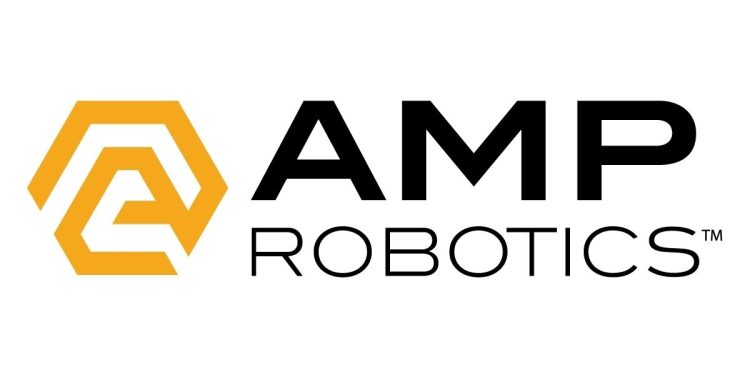Watch all the Transform 2020 sessions on-demand here.
AMP Robotics, a Denver, Colorado-based startup creating robotic systems that sort recyclable material, this morning announced that it has closed a $16 million series A funding round led by Sequoia Capital. BV, Closed Loop Partners, Congruent Ventures, and Sidewalk Infrastructure Partners (an infrastructure firm spun out of Sidewalk Labs and backed by Alphabet and the Ontario Teachers’ Pension Plan) also participated in the round, which brings AMP Robotics’ total raised to nearly $20 million following a seed round totaling $3.5 million.
The news comes just over a month after AMP Robotics installed 14 of its AI-guided robots at Single Stream Recyclers in Florida — the single largest global deployment in the recycling industry, the company claims — following deployments at facilities in California, Colorado, Indiana, Minnesota, New York, Pennsylvania, Texas, Virginia, Wisconsin, and elsewhere in the U.S. CEO Matanya Horowitz said the newfound capital will bolster AMP Robotics’ operations in the nearly $12.26 billion waste sorting robotics market and drive product research and development.
“Our new partners at Sequoia have a history of building category-defining businesses, and we are deeply excited to be executing on this vision with their experience, along with our existing world-class consortium of investors,” said Horowitz, who founded AMP Robotics in 2015. “We are perfectly positioned to expand the scope of our technology and the geographies where we do business, furthering our mission to change the fundamental economics of recycling and help make the circular economy possible.”

June 5th: The AI Audit in NYC
Join us next week in NYC to engage with top executive leaders, delving into strategies for auditing AI models to ensure fairness, optimal performance, and ethical compliance across diverse organizations. Secure your attendance for this exclusive invite-only event.
AMP Robotics asserts its platform delivers higher and more consistent pick rates than typical manual processes and that it offers holistic monitoring of material streams without requiring retrofitting. It’s modular in design, enabling facilities mangers to adapt it to existing workflows, and it’s tailored to individual brands and SKUs of recyclable objects. To this end, AMP Robotics’ products can process not only metals, batteries, capacitors, plastics, PCBs, wires, cartons, cardboard, cups, aluminum, and thin film, but also materials made of metal, mixed wood, asphalt, bricks, concrete, and mixed plastics.
AMP Cortex, AMP Robotics’ robotics control system, leverages a combination of AI algorithms and physical robots to orchestrate sorting, picking, and placing tasks. A three-armed picker machine with an adaptable frame area and height sits over a conveyor belt, held in place by a moveable steel frame. It’s fed data from AMP Neuron, which uses computer vision to distinguish visual features and self-improves by processing “millions” of images in the cloud across AMP Robotics’ network, such that it’s able to more accurately sort objects and learn new classes of materials while adapting to packaging design and lighting changes.
All that data feeds into AMP Insights, an online visualization tool that monitors material stream activity and performance. Real-time notifications sent via text and email keep managers abreast of goings-on, including potential equipment issues and hazards. And AMP Insights tracks key commodities to determine things like material composition per bale, known value created or lost on residual lines, and per-hauling load.
“We are excited to partner with AMP because their technology is changing the economics of the recycling industry,” said Sequoia partner Shaun Maguire, who plans to join the company’s board of directors. “Over the last few years, the industry has had their margins squeezed by labor shortages and low commodity prices. The end result is an industry proactively searching for cost-saving alternatives and added opportunities to increase revenue by capturing more high-value recyclables, and AMP is emerging as the leading solution.”


